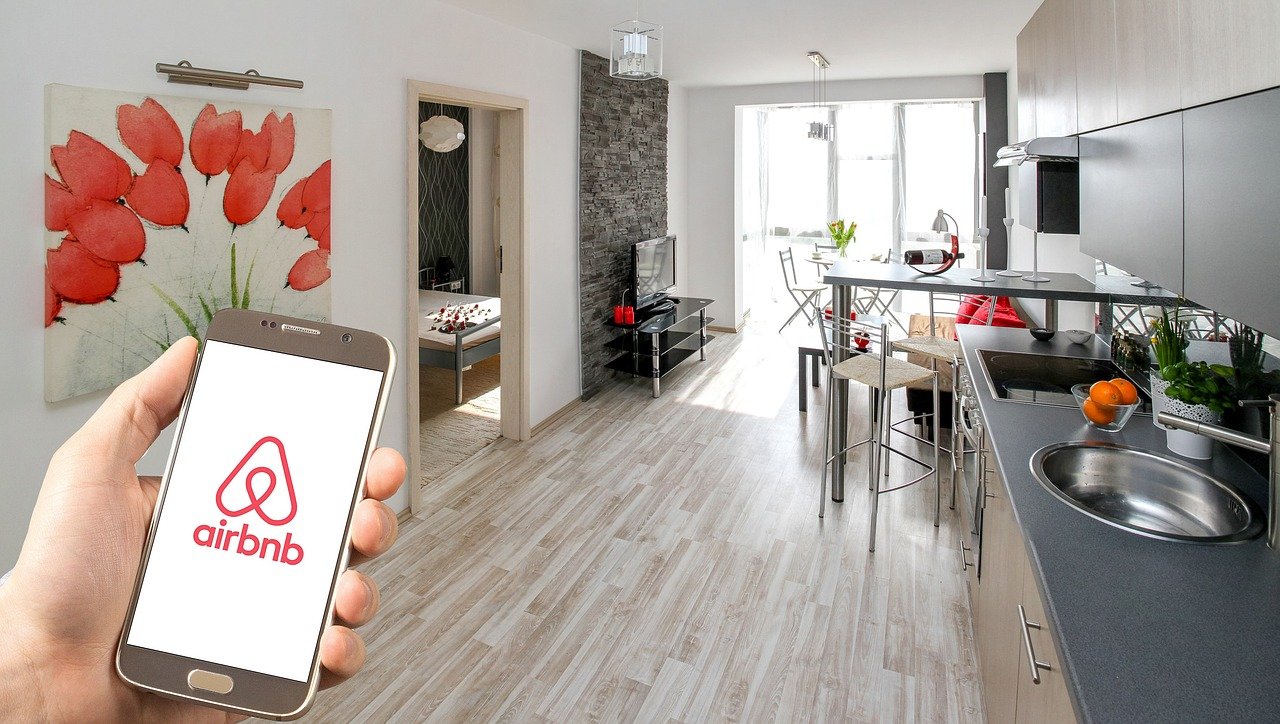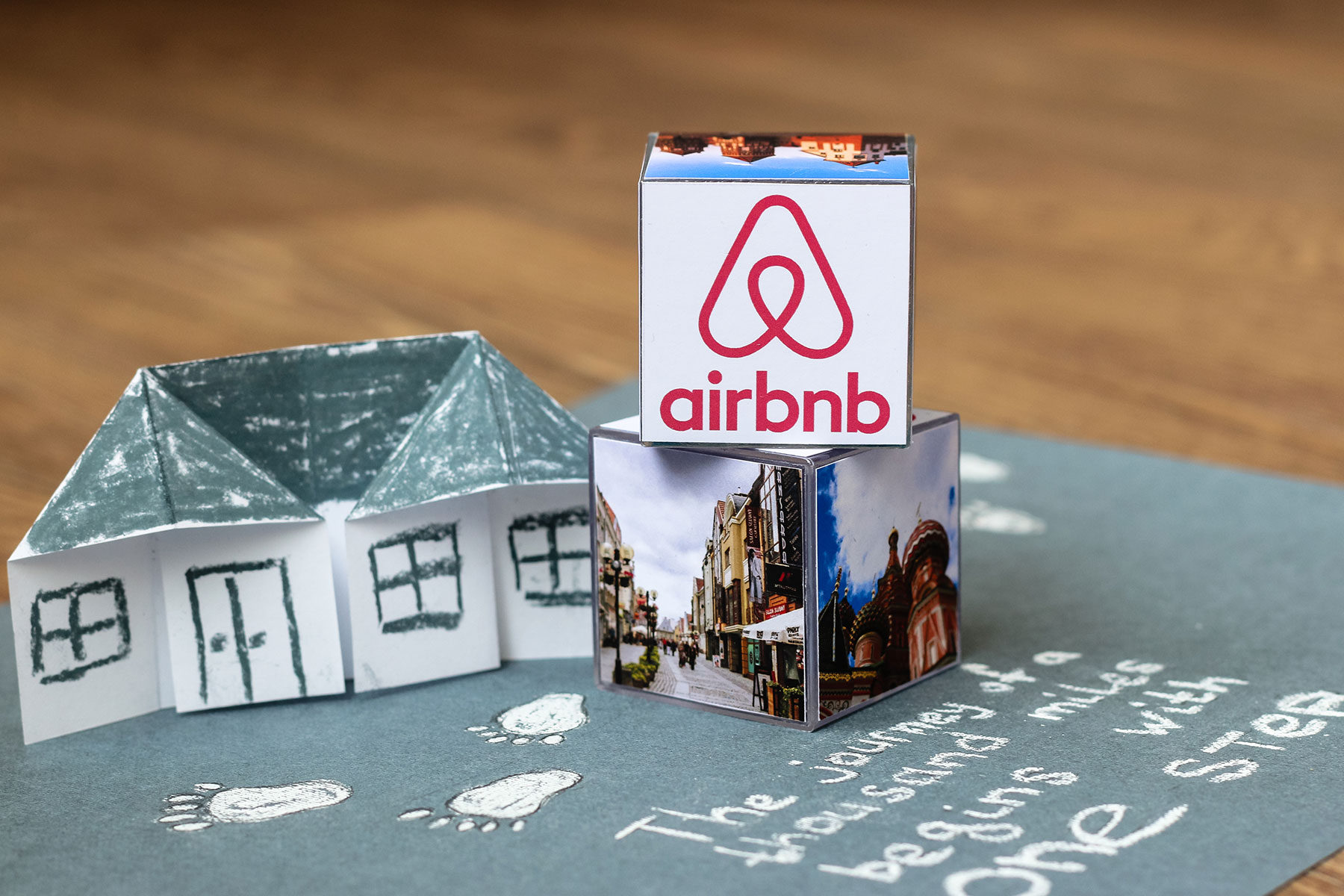
How to Start A Vacation Rental Business?
In this article, Oasis Stay gives you tips and tricks for starting a vacation rental business, from foundation to planning and beyond. Read on!

In this article, Oasis Stay gives you tips and tricks for starting a vacation rental business, from foundation to planning and beyond. Read on!

The Mornington Peninsula is a perfect place for Airbnb, but why is that? Read on to find out with Oasis Stay.

So, let’s take a quick look at the world of Airbnbs in Melbourne, and see what makes this such a perfect combination.

Work with the Windsor Airbnb management specialists at Oasis Stay, Australia’s hosting experts. For higher returns and reasonable rates, contact us today.

In this article, we discuss the benefits of using a rental property management service, and how it can improve your life as an Airbnb host.

Airbnb service was launched in 2007 by Joe Gebbia and his friend Brian Chesky – the two had problems with paying expensive rental fees, so they decided to rent out three airbeds on their living room floor. The investment was a huge success, and the business duo built the Airbnb startup into a 25 billion dollar company in 12 years with branches in over 90 countries worldwide. Apart from this impressive initiative, here are other facts you should know. Airbnb Hosting Charges Fees And Reviews Properties With Airbnb hosting, property management service providers can rent out their extra bedroom spaces to travellers. The company charges

In this article, we discuss why you should be putting your properties online in preparation for the end of the lockdowns. Read on with Oasis Stay.

In this article, we will help you take the stress out of Airbnb with tips on how to automate much of the process. Read on with Oasis Stay.

Is Airbnb self-check-in even possible? Trends are allowing guests to check themselves in which is revolutionizing privacy, security & their travel experience.

In this article, Oasis Stay discusses whether short term rentals or long term rentals are more viable for earning money. Read on to learn more.
© 2025 Oasis Stay All rights reserved.